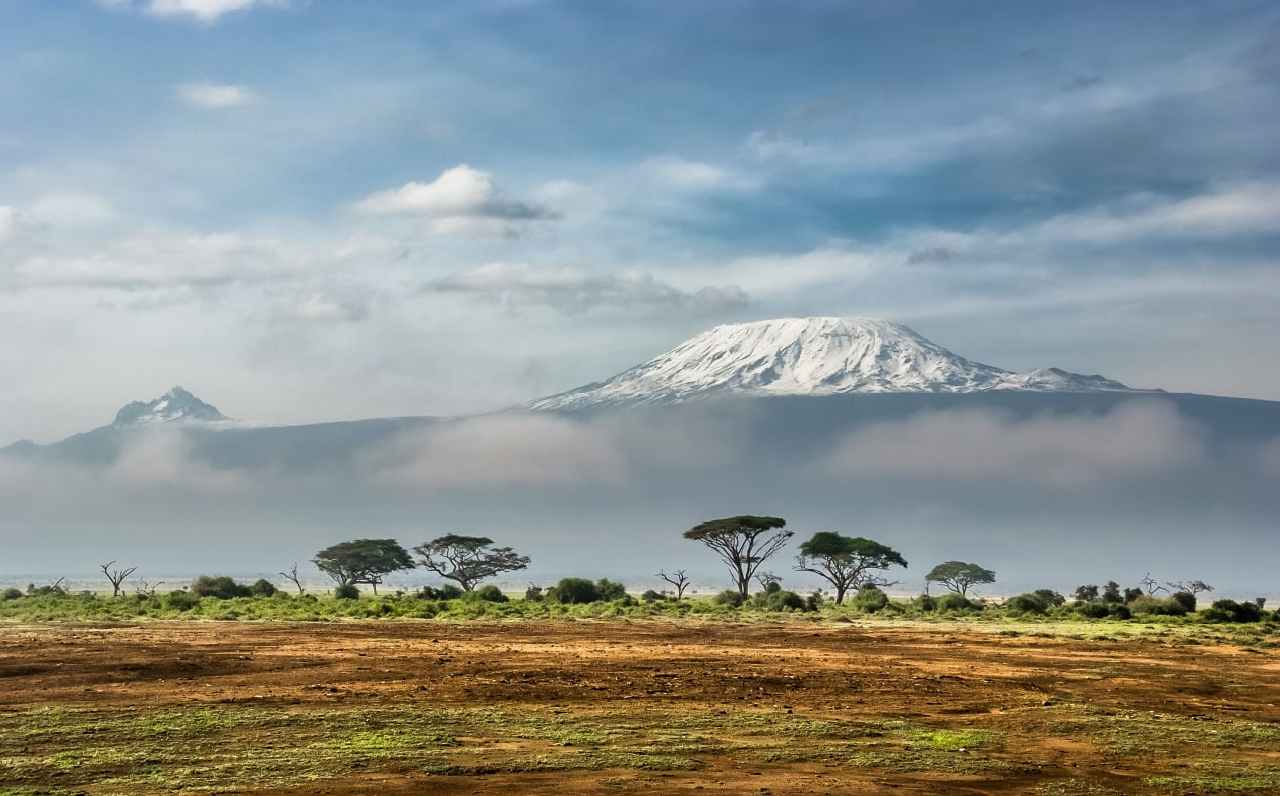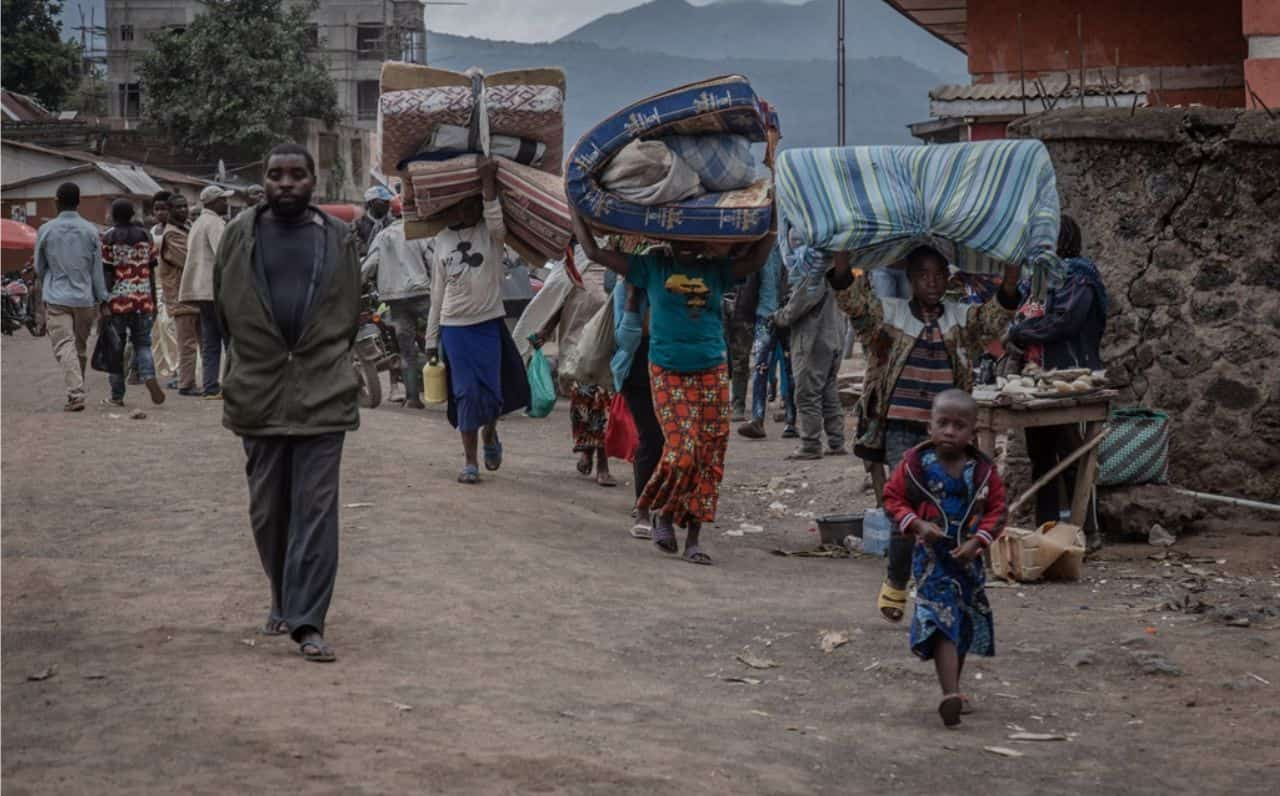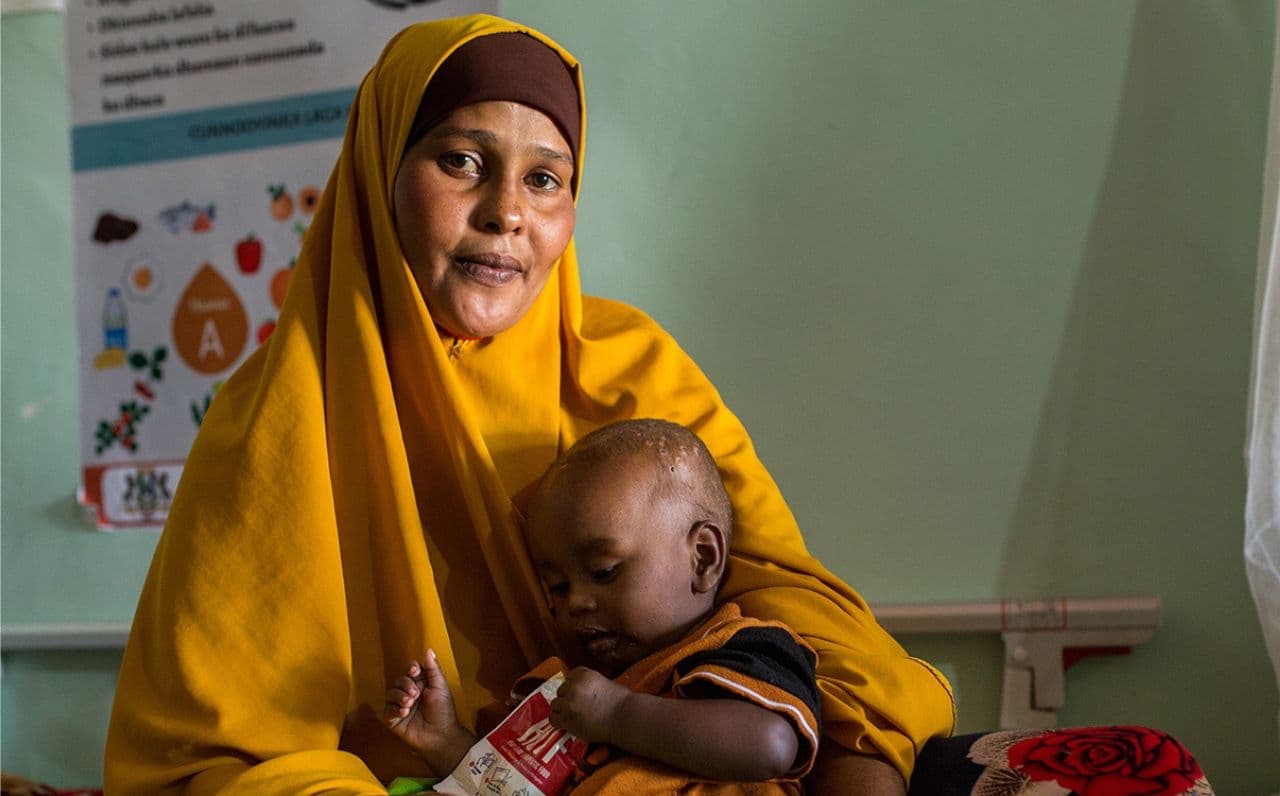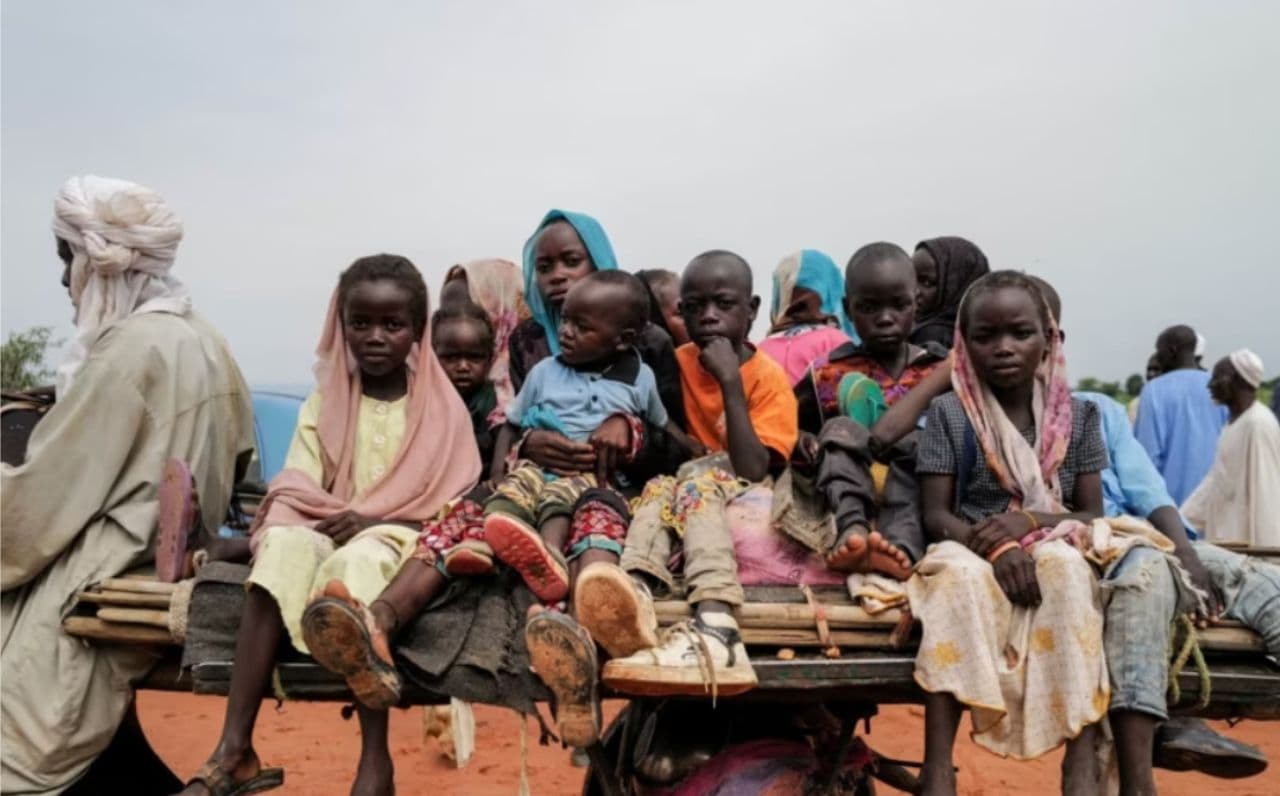Destruction of glaciers in Africa

UN climate agency warns African glaciers will be destroyed in two decades.
The UN climate agency has warned that Africa's glaciers will be destroyed in two decades, leaving 118 million people with drought, floods or extreme heat, and that climate change could be felt by the middle of the year. This century will reduce the continent's GDP by three percent.
The latest report from the World Meteorological Organization (WMO) on the climate of the African continent, in collaboration with the organizations of the continent, paints a grim picture of the inability of the African continent to adapt to successive climatic disasters.
According to a series of data, 2020 was the third warmest year in Africa, with 0.86 degrees Celsius higher than the average temperature in the three decades leading up to 2010. Although this region is warming mostly slower than temperate regions with high latitudes, its impact is still destructive.
"The rapid shrinking of the last remaining glaciers in East Africa, which are expected to melt completely in the near future, poses a risk of irreversible change in the Earth system," said Petri Thalas, secretary general of the World Meteorological Organization.
All three tropical African ice fields are projected to disappear by 2040, including Mount Kilimanjaro in Tanzania, Mount Kenya in Kenya and Rwansoris in Uganda.
African Union Commissioner for Agriculture Joseph Sako also estimated that by 2030, 118 million very poor people (earning less than $ 1.90 a day) would be living in poverty if appropriate measures were not taken. They will be at risk of drought, floods and extreme heat.
Africa, which accounts for less than 4 percent of the world's greenhouse gas emissions, has long been expected to be affected by climate change. Farmland in Africa is still prone to drought, with many large cities surrounding the coast (which are at risk of coastal flooding due to rising sea levels) as well as widespread poverty and poor adaptation. It makes their environment difficult.
In addition to the intensification of drought on a continent that is heavily dependent on agriculture, the report said, widespread floods were recorded in East and West Africa during 2020, while locust infestations of historical proportions and Unprecedented in Africa, which began a year ago, continues to be devastating.
The report also estimates that Africa will have to spend $ 30 billion to $ 50 billion, or 2-3 percent of its GDP each year, to adapt to some of the consequences of climate change to avoid other worse consequences. According to Al-Sharq Al-Awsat, an estimated 1.2 million people were displaced by storms and floods in 2020, which is almost two and a half times as many as those who fled their homes that year due to the conflict.
Source & credit: WMO - AVC Father's heart
Africa

2021 Oct 22
Middle east

2024 Dec 10
Africa

2024 May 10
Threats against Christians in Australia increase
International, Americas

2024 Apr 16
Increasing Arrests and Faceless Victims Revealed in Latest Findings.
Middle east

2024 Feb 23
SimilarNews
 Congo-Rwanda Border Tensions Surge: Conflict Fears Mount
Congo-Rwanda Border Tensions Surge: Conflict Fears Mount Escalating Hostilities Prompt International Concern
Africa

2024 Feb 20



